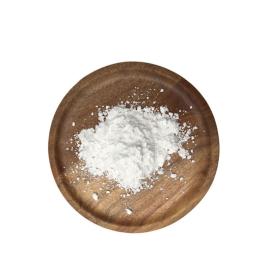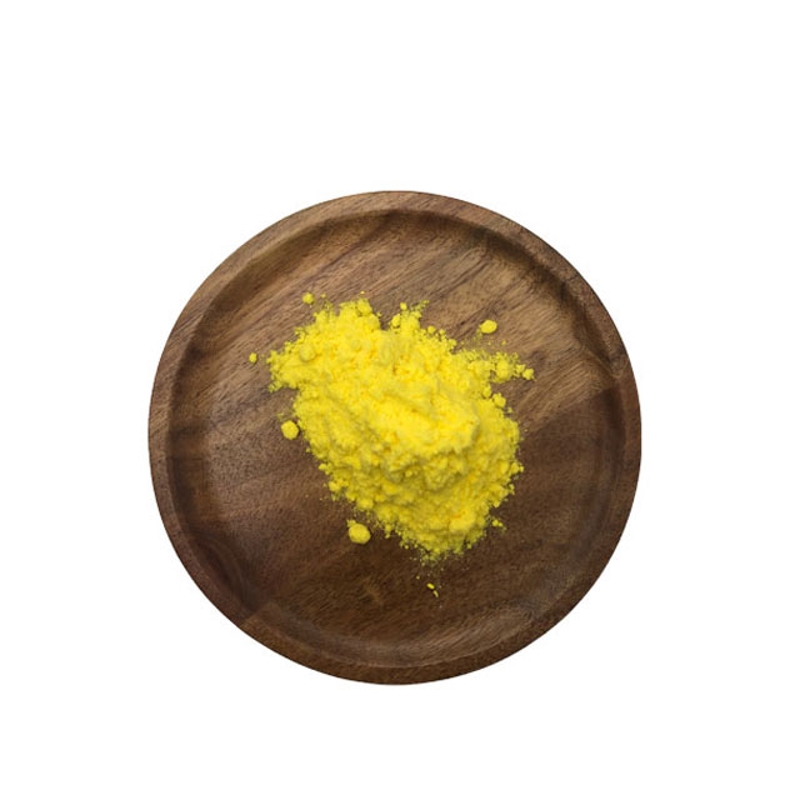-
Categories
-
Pharmaceutical Intermediates
-
Active Pharmaceutical Ingredients
-
Food Additives
- Industrial Coatings
- Agrochemicals
- Dyes and Pigments
- Surfactant
- Flavors and Fragrances
- Chemical Reagents
- Catalyst and Auxiliary
- Natural Products
- Inorganic Chemistry
-
Organic Chemistry
-
Biochemical Engineering
- Analytical Chemistry
- Cosmetic Ingredient
-
Pharmaceutical Intermediates
Promotion
ECHEMI Mall
Wholesale
Weekly Price
Exhibition
News
-
Trade Service
On August 18, the Xu Wei Research Group of the Center for Excellence and Innovation in Molecular Cell Science (Institute of Biochemistry and Cell Biology) of the Chinese Academy of Sciences and the WangPeng Research Group of Shanghai University of Science and Technology, as well as Wu Haitao Ofer, a member of the Wu Haitao Research Group of Fudan University's Affiliated Eye, Ear, Nose and Throat Hospital, published a cover article entitled "Chimeric Antigen Receptor Designed to Prevent Uquibi In a research paper, The Research Paper of The End Durable Antitumor Efficacy(a new circulatory chimed antigen subject with long-lasting anti-tumor effect) proposes a new "recyclable CAR" design that significantly improves the continuous activity and anti-tumor effect of CAR-T cells in the body and provides a new strategy to prevent tumor recurrence after CAR-T treatment.
CAR-T therapy is a tumor immunotherapy that enables it to identify and kill cancer cells by expressing chimeric antigen receptors (CAR) on the patient's own T-cells.
CAR-T therapy has shown remarkable efficacy in a variety of malignant B lymphomas, and two CAR-T products were successfully approved for sale in 2017.
as a new therapy, CAR-T therapy has its limitations.
clinical data show that up to 30%-50% of patients treated with CAR-T will have a recurrence of the tumor, and most patients will relapse within one year of their treatment.
causes tumor recurrence in patients, including the continued activity of CAR-T cells (in vivo persistence), that is, the length of life of CAR-T cells in patients, is a decisive factor.
in clinical studies of acute and chronic leukemia, the efficacy of CAR-T therapy was positively associated with the continued activity of CAR-T cells in patients.
, how to improve the continued activity of CAR-T cells has become a hot topic of research.
in this study, researchers demonstrated for the first time that CAR subjects degrade ubibinized modified and lysosome-mediated CAR when combined with tumor antigens, resulting in a significant decrease in cell surface CAR subject levels.
researchers further mutated the Ubiganization point lysine K in the inner segment of the CAR cell into arginine R (CARKR), blocking the Ubibin modification of CAR and the degradation of the lysosome, and inhibiting the car's downward process.
car compared to the traditional CAR can give T cells a stronger anti-tumor effect and continuous activity.
further institutional exploration revealed that the modified CAR circulated in T-cells and, after activation, beedulated in the endosome, where the 4-1BB domain was still combined The signaling molecule TRAF2, which performs signaling function in the cell, enhances the downstream signal of 4-1BB and promotes the metabolic reprogramming of T cells (improving mitochondrial production and oxidation phosphate metabolism) and differentiation of central memory T cells.
team named the new design Recyclable CAR.
results provide a solid basis for clinical validation of subsequent recyclable CAR.
in this project, Wang peng Of Shanghai University of Science and Technology, Xu Wei, Researcher of the Center of Molecular Cell Excellence, and Professor Wu Haitao of Fudan University's Affiliated Eye, Ear, Nose and Throat Hospital are co-authors of the communication.
the efficacy and mechanism of recyclable CAR: Left: Recyclable CAR-T cells efficiently remove tumors from the body.
Tecta right: The binding of tumor antigens leads to the ubimination modification of car receptors, which are transported to lysosomes for degradation, and the circulatory CAR receptors are no longer degraded by lysosomes, but are gathered in the "inner body" for signal transducting and are transported back to the surface of CAR-T cells, promoting CAR-T cell anticancer activity.
.







